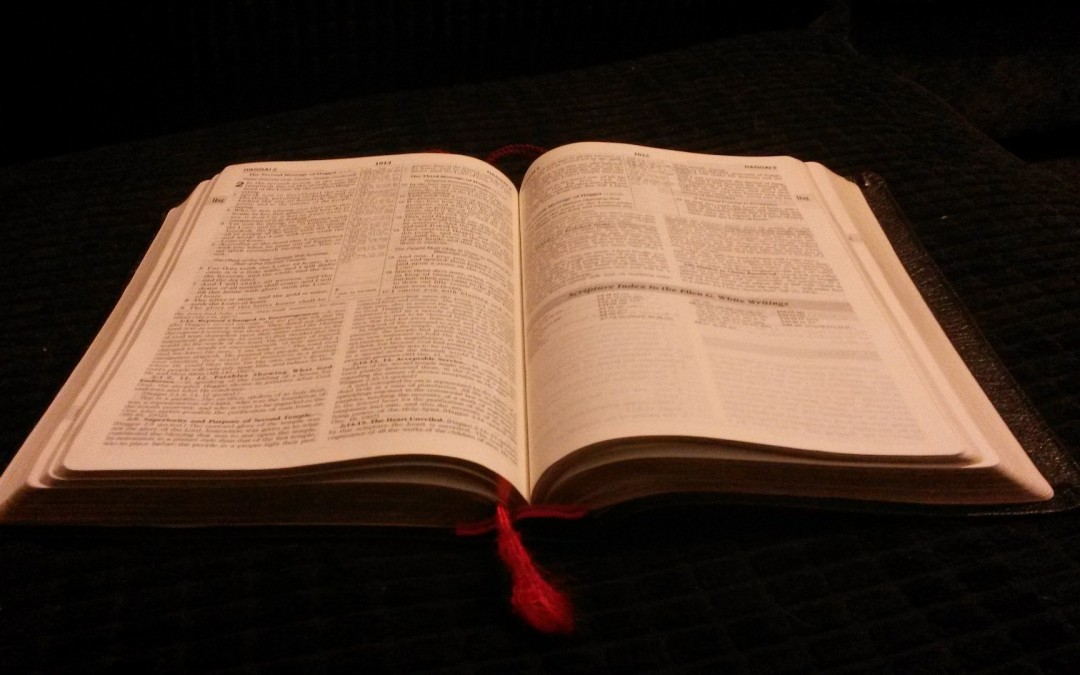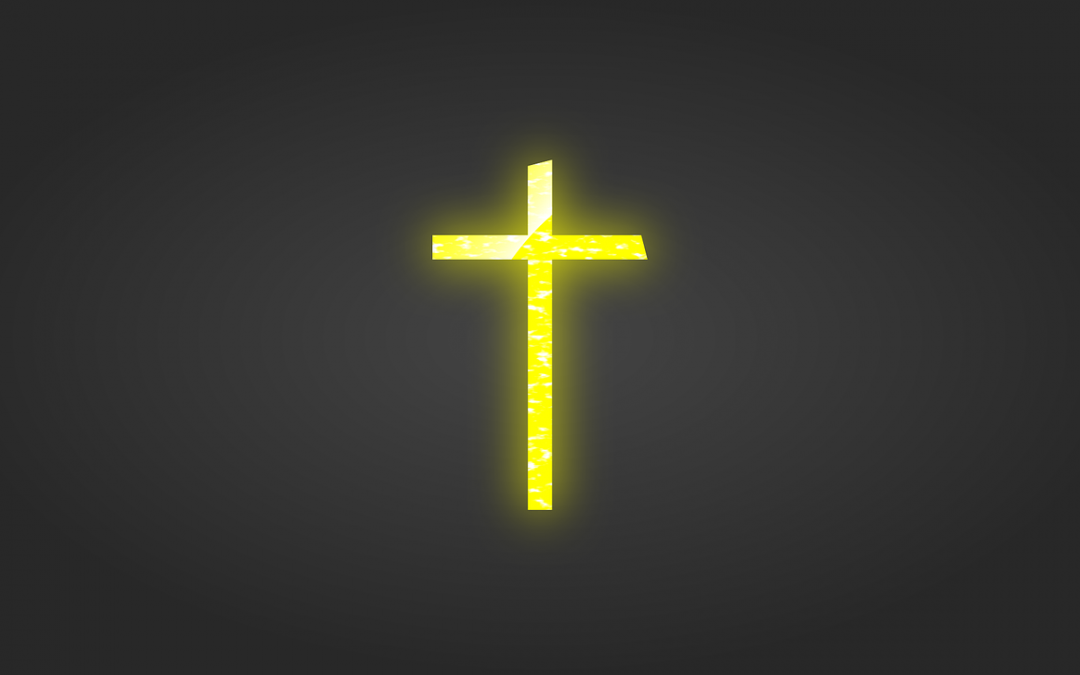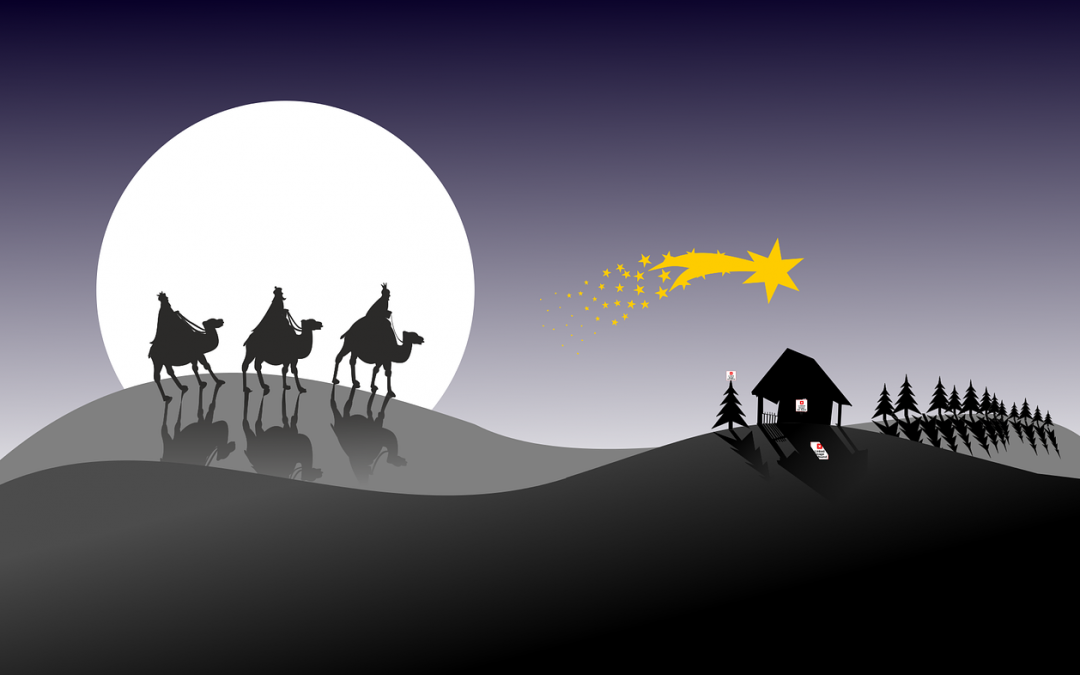
by church news | Mar 3, 2019 | Sermons
Sometimes the stars
simply align, and everything just happens smoothly and easily. On a day of baptisms across the parishes, we
are given two readings which offer the whole thing up on a plate.
So, the starting point is
this: which would you prefer for your child this morning: a burning coal on the
lips, or abandoning the biggest catch of fish ever to walk around Israel with
Jesus? Both events are life-changing,
both require huge faith, and both present opportunities for wonder. If only it were as simple as that.
Isaiah sees God in the
temple. Isaiah is a priest, he is going
about his everyday work, and he actually sees the God he worships and
adores. Peter and Andrew, James and John
are going about their everyday work by Lake Galilee, and they actually meet the
Messiah they have been longing for all their lives. In baptism, both these things collide. These children will meet the longed-for
Messiah, and will have that Christ as close to them as their clothes for the
rest of their life. We, gathered
together to witness this baptism, will see God amongst us, the God whom we
worship and adore, in the oil, the water, the welcome and the candle, as well
as sharing him in bread and wine. This
is an extraordinary day, and we are blessed to be together to experience it. That’s today, but the more vexed question is,
“what about tomorrow?” “What happens then?”
For brevity’s sake, we shortened the Isaiah
reading. In a quiet moment, see where
God takes Isaiah, once he has accepted the call to be a prophet – it is
scary! And what about the four
fishermen? They were promised a life of
catching people – whatever that means – which would involve watching Jesus heal
sick people, multiply loaves and fishes, confront the religious authorities and
ultimately die on a cross – was that what they signed up for?
Isaiah prophesied, for many long years, in the
teeth of bitter opposition and impending disaster for Israel. The four fishermen struggled daily with the
sayings and actions of Jesus, still not fully understanding what was going on
around them until that glorious Easter morning.
Let us not imagine that the aftermath of baptism
is easy. The promises that will be made
today demand a lot of work – they call for both active and passive involvement
in the life of these children – prayer, encouragement, being an example,
walking together – and the Holy Spirit, let loose in these children, can be
very insistent. Whatever ideas you may
have mapped out for these children’s life may be very different from what God
has up his sleeve. Are you prepared for
that?
And all of us – are we fully prepared to take on
what we will promise for these children?
To be welcoming, and to uphold them in their new life in Christ? What exactly does that mean? There are plenty of children here – do we
pick these two out for special attention, or seek to encourage every single
one?
And what about this “catching people” thing that
Jesus has with these four fishermen? Is
that relevant to us today? Should we be
going out and catching people for Christ?
The inference is that we should, that we, by our baptism, are disciples
of Christ just as much as Peter & Andrew and James & John. We are involved in that function of the
kingdom, that outreach, that making sure that everybody knows about the love of
God, in practical as well as spiritual ways.
We cannot all be prophets, like Isaiah. We cannot all be apostles, as these four
fishermen became, but we can all play our part in pointing people to Christ. Our conversation is to be based on love and
grace, generosity and welcome, as Christ’s was.
Yet where we perceive there to be wrong or injustice, we are to
challenge, just as Christ did. There is
plenty of room in this building for lots more people to share these times of
worship and prayer together – let’s do our bit at getting them in.
At our baptism, each one of us was called to be a
disciple of Christ, in exactly the same way that Isaiah was called, if a little
less dramatic, and in exactly the same way that these four fishermen were
called to drop everything and follow Christ.
The call has not changed, despite the years that have followed our
baptism.
As members of the congregation here, we have been
present at many baptisms – we have watched the children grow up and move on,
and others have come in their place. The
promises we take at every single baptism here hold good for all of our
worshipping lives, and affect what we do in terms of Junior Church, welcoming
at the door, administering the finances, doing the flowers, or the readings, or
the coffee, sorting out the publicity, getting people involved in the everyday
life of the parish.
And above all, we are called to prayer, that
over-arching activity which links us in to our heavenly Father, that keeps us
close to him, and enables the Holy Spirit to spur us to a full engagement in
the Kingdom of God. As we watch, as we
make promises, as we pray, as we coo over these children, may we still hold
fast to our baptism, and hold true to the promises we make, so that these
children may be fully supported throughout their worshipping life, and that we
may fully live out our discipleship, to the glory of God the Father.

by church news | Jan 12, 2019 | Front Page
Week of Prayer for Christian Unity 2019: Worshiping together as a Community.On Wednesday 23rd January at 10.00, at the Queen’s (CE) School, Cumberland Road, Kew, all the churches of Kew will join together to mark the Week of Prayer for Christian Unity. The theme of the service is “Justice for All”. Children from across the school will lead our thoughts and our prayers, as well as our singing. Everyone is welcome to attend.

by church news | Dec 4, 2018 | Front Page
Sunday 23rd December Festival of Nine Lessons and Carols 6pm, followed by mulled wine and mince pies
Monday 24th December Christmas Worship around the Crib 3pm – Midnight Mass 11.30pm
Tuesday 25th December Christmas Eucharist 9.30am

by church news | Dec 4, 2018 | Sermons
A few years ago we celebrated 350 years of the “Hallelujah Chorus” by singing it at the end of the service. Preparations for this took some time at the Barn, and led in many ways to the current manifestation of the “extended choir” which pops up every now and again on special occasions. The St Luke’s Choir just stood up and sang it….. wonderfully…
Anyway, being part of that learning was tremendous. There is huge power in the piece, created by great harmonies and soaring lines for all the voices, but there is a bit in the middle which came as a surprise. I don’t know why, maybe false memory surrounds such famous music – you think you know it, but when you come to sing it, there are bits that you don’t. All the hallelujahs are only to be expected, as well as one or two lines about King of kings and the Lord omnipotent, but the section in the middle to which I refer is sung in unison:
The kingdom of this world
Is become
The kingdom of our Lord,
And of His Christ
And of His Christ
And then everyone breaks off into four-part harmony again. Why?
Handel was a good Protestant. Despite his stays in Italy, learning the ropes of Italian opera, he never wavered from his Protestantism, and while in London, faithfully attended his local parish church (St George’s Hanover Square), a fact of which the parish is still proud, and is one of the first things you see on their website….. For Handel, the omnipotence of God was a given, so could be sung about in the same way as any other expression of praise. However, the transformation of this world from the human order to the divine order is extraordinary, and is based upon the life, death and resurrection of Jesus Christ, and to underline that point, the kingship of Christ, Handel has the choir sing about it in unison, so that no one can be in any doubt that Christ is king of all.
That is where we are today. We have moved through the seasons, high and low, we have experienced the joys of Christmas and Easter and the deprivations of Advent and Lent. We have slogged our way through every chapter of the Gospel of Mark, and now, as we approach a new liturgical year, we are reminded once again that Christ is king of the universe. You may well protest that there isn’t much evidence of that, given the unholy mess that the world is in, but as an article of faith, it is worth repeating: Christ is king of the universe.
But we are good democrats, you may add, we have no need of a king. Yes, but we are good democrats who live in a constitutional monarchy, we have made our peace with kingship and queenship and continue to hold it up as a measure of stability and idealized leadership, whether we want it there or not. The King of Sweden may well ride around on a bicycle, the King of the Netherlands may well be a commercial airline pilot, but when push comes to shove, they are top dogs, to whom obedience is due and whose image appears on stamps and whose signature is required for laws to be enacted.
And the good people of France, who chopped the head off their own king (several centuries after we did) remain fascinated by monarchy the world over, and know exactly what it stands for while trumpeting their republican credentials and mimicking it in their presidential system. We all know what “king” or “queen” means, and so we therefore know what “Christ the King” means.
Or do we? And that is where the problem lies with today’s theme. We all have our idea of kingship, of what it entails, of what it looks like, of what it means for us in terms of behaviour and belonging, but can any of that be applied to Christ? We have a queen who famously doesn’t carry cash, who shouldn’t be spoken to until she has spoken to us, to whom we must bow or curtsey on meeting and possibly from whose presence we should walk backwards. Apart from the not carrying cash – remember that Jesus, when he needed to pay the Roman tax, had to have someone else produce a coin for him to make his point – do any of those other things apply to Christ? We have a queen who rides around in nice cars or gold carriages, in front of whom the roads are cleared by police and military personnel. In Christ, we have a king who rides a donkey, in front of whom crowds strip branches from the bordering trees to make his triumphal way. We have a queen who lives in several castles and palaces, and has several thrones on which to sit. In Christ, we have a king who had no home to call his own, and who is arrayed in purple by mocking soldiers, once they have finished torturing him, and who is enthroned on a cross of wood. I could go on, but you get my drift.
When we say that Christ is King, we are describing something completely different from any model of monarchy or human leadership that has ever existed in this world. This is a kingship of love and self-giving. This is a kingship of holiness and grace, of massive forgiveness and reconciliation. This is a kingship that empties itself of everything to restore to us the fullness of his grace. This is a kingship that embraces lepers, heals Gentiles, forgives those who drive in the nails into his wrists and feet, who draws the denier back to himself with love and generosity, who calls us to feast with him in bread and wine, who welcomes us into his presence at all times as we pray and as we worship.
And this is the king who sends us out to live in exactly that same way, the way of self-emptying and self-sacrifice, the way of love and compassion, the way of inclusion and of generosity. We are supposed to be the ones by whom the world understands the kingship of Christ. By looking at us, everyone around us should see the kingship of Christ worked out in what we say and what we do. And that is terrifying, and challenging, and amazing, that this king should entrust to us such a mission. But that is what today is all about – living Christ the King’s life in everything we say and do – individually and collectively.
May Christ, by his loving, gentle rule, enable us to demonstrate what love truly is, together and individually, today and always.



